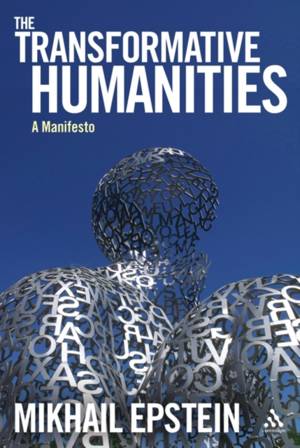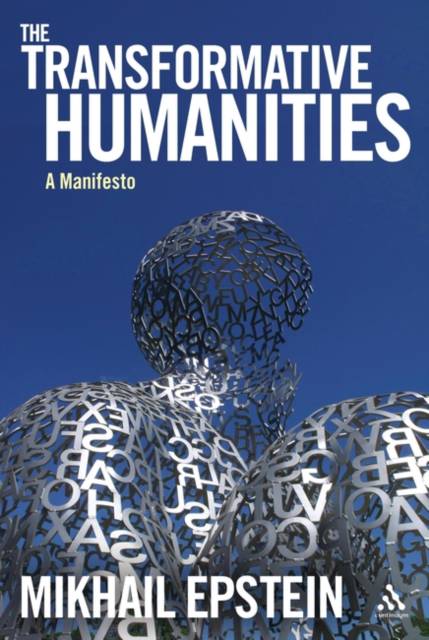
- Afhalen na 1 uur in een winkel met voorraad
- Gratis thuislevering in België vanaf € 30
- Ruim aanbod met 7 miljoen producten
- Afhalen na 1 uur in een winkel met voorraad
- Gratis thuislevering in België vanaf € 30
- Ruim aanbod met 7 miljoen producten
Zoeken
€ 89,95
+ 179 punten
Uitvoering
Omschrijving
Distinguished scholar Mikhail Epstein offers a re-assessment of the role of the humanities and advocates their constructive potential for the society and intellectual culture of the future.
In his famous classification of the sciences, Francis Bacon not only catalogued those branches of knowledge that already existed in his time, but also anticipated the new disciplines he believed would emerge in the future: the "desirable sciences." In this open access publication, Mikhail Epstein echoes, in part, Bacon's vision and outlines the "desirable" disciplines and methodologies that may emerge in the humanities in response to the new realities of the twenty-first century. Are the humanities a purely scholarly field, or should they have some active, constructive supplement? We know that technology serves as the practical extension of the natural sciences, and politics as the extension of the social sciences. Both technology and politics are designed to transform what their respective disciplines study objectively. The Transformative Humanities: A Manifesto addresses the question: Is there any activity in the humanities that would correspond to the transformative status of technology and politics? It argues that we need a practical branch of the humanities which functions similarly to technology and politics, but is specific to the cultural domain. The ebook editions of this book are available open access under a CC BY-NC-ND 4.0 license on bloomsburycollections.com.Specificaties
Betrokkenen
- Auteur(s):
- Uitgeverij:
Inhoud
- Aantal bladzijden:
- 272
- Taal:
- Engels
Eigenschappen
- Productcode (EAN):
- 9781441155078
- Verschijningsdatum:
- 13/09/2012
- Uitvoering:
- Paperback
- Formaat:
- Trade paperback (VS)
- Afmetingen:
- 150 mm x 234 mm
- Gewicht:
- 521 g

Alleen bij Standaard Boekhandel
+ 179 punten op je klantenkaart van Standaard Boekhandel
Beoordelingen
We publiceren alleen reviews die voldoen aan de voorwaarden voor reviews. Bekijk onze voorwaarden voor reviews.








